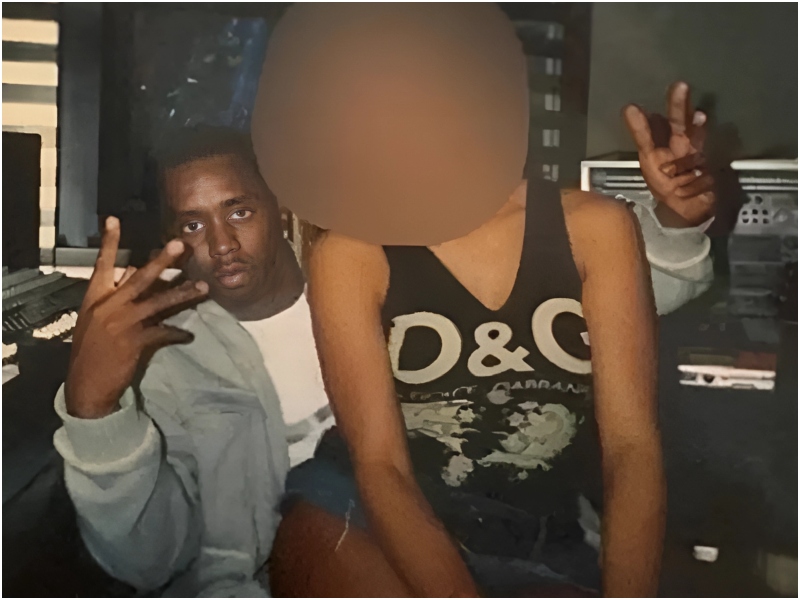Sean “Diddy” Combs has vehemently denied allegations of rape made against him by a woman identified only as Jane Doe, stating that the lawsuit filed against him infringes upon his constitutional rights due to the potential loss of crucial evidence after over 20 years.
In a legal response filed in the Southern District of New York, Combs refuted claims that he raped the woman in a New York City recording studio when she was 17 years old, as alleged in the lawsuit filed in December.
The suit also names Harve Pierre, a former president of Combs’ record label, and an unnamed individual as defendants.
According to the response, Combs “never participated in, witnessed, or was or is presently aware of any misconduct, sexual or otherwise,” involving the woman.
Furthermore, Combs’ attorneys question the legitimacy of photos included in the lawsuit, alleging that the context, genuineness, and accuracy of the photographs are disputed.
The legal filing argues that the lawsuit should be dismissed, citing the unconstitutional nature of the Victims of Gender-Motivated Protection Law under which it was filed. Combs contends that the delay in filing the complaint has prejudiced him, as evidence that could have been available earlier may now be lost or compromised.
In a separate response, Pierre also denied participating in the alleged sexual assault or witnessing anyone else assaulting the woman.
This marks the fourth lawsuit filed against Combs accusing him of sexual assault. Combs’ attorneys have requested the disclosure of the accuser’s identity, a matter pending a judge’s ruling.
Attorney Michael J. Willemin, representing the woman, dismissed Combs’ claims as desperate attempts to conjure a defense where none exists, emphasizing the seriousness of the allegations.
The accuser, represented by Douglas Wigdor, previously represented Cassie in a federal lawsuit against Combs, which was settled shortly after being filed. The terms of the settlement were not disclosed.
Combs has consistently denied all allegations against him, emphasizing his commitment to fighting for his name, family, and the truth.
The lawsuit alleges that Doe was flown to New York City by Pierre and another man, where she was allegedly raped by Pierre, Combs, and another individual, after being plied with drugs and alcohol.
Diddy’s legal team’s arguments raise several points for consideration:
Constitutional Rights Violation: Diddy’s attorneys assert that the lawsuit filed against him violates his constitutional rights, specifically referencing the potential loss of crucial evidence due to the significant delay in filing the complaint. While the delay in filing may indeed impact the availability and reliability of evidence, whether this constitutes a violation of constitutional rights would be subject to legal interpretation by the court.
Legitimacy of Evidence: Diddy’s legal response questions the legitimacy of the photographs included in the lawsuit, alleging that their context, genuineness, and accuracy are disputed. This argument suggests that the evidence presented by the plaintiff may not be reliable or admissible in court, which could weaken the case against him if proven true.
Statute of Limitations: In some jurisdictions, there are statutes of limitations that impose time limits for filing certain types of legal claims, including those related to sexual assault. If the alleged incident occurred over 20 years ago and the statute of limitations has expired, Diddy’s attorneys may argue that the lawsuit is time-barred and should be dismissed on those grounds.
Constitutional Challenge to the Law: Diddy’s legal team challenges the constitutionality of the Victims of Gender-Motivated Protection Law under which the lawsuit was filed. This argument asserts that the law itself is unconstitutional, which, if successful, could potentially invalidate the legal basis for the lawsuit.

